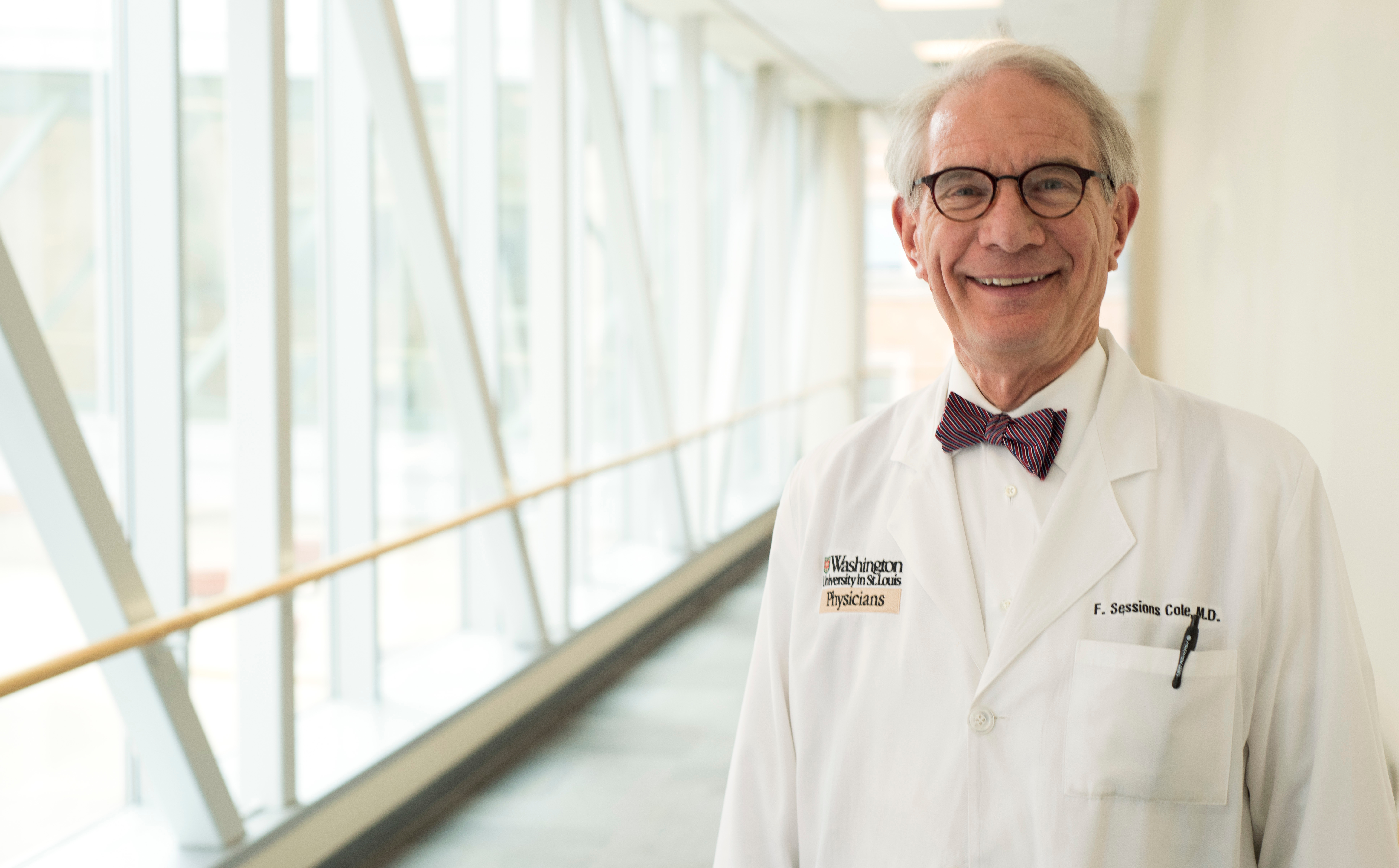Caring for the Undiagnosed – those children and adults whose symptoms do not fit into a known diagnostic category – impacts every involved provider through many rewards, challenges, and guilt. Here, I offer my personal perspective about the impact of caring for the Undiagnosed on my mental health. Despite the “chaos narrative” that frequently characterizes their diagnostic odysseys and co-exists with being undiagnosed (PMID: 28416019), the resilience, enthusiasm, and hope of undiagnosed individuals greatly benefit and inspire me as a provider.
Although the COVID-19 pandemic has put all providers at increased risk of mental health problems, including burnout (especially feelings of reduced professional efficacy that can be amplified by inability to find a diagnosis), moral injury (especially guilt and shame for not being able to make a diagnosis), and vicarious traumatization (due to sympathy for undiagnosed patients who are experiencing primary psychological trauma due to prolonged diagnostic odysseys) (PMID: 34026720), the honesty, courage, and passion of Undiagnosed patients have helped strengthen me as a provider.
For example, parents whose infants died with an undiagnosed cause for severe brain underdevelopment (extreme microcephaly), despite extensive attempts to discover a genomic cause, enthusiastically and highly effectively participated in teaching medical students, residents, nursing staff, and faculty members by sharing their memories of their babies and the many positive ways providers helped them be parents. They described the strategies they used to explain the baby’s death to concerned relatives and friends and outlined their plans for ensuring survival of the memories of their babies.
The resilience of Undiagnosed individuals in overcoming challenges and finding hope is an inspiration for all of us who partner with them. In addition, the provider community for Undiagnosed individuals supports me and its members by anticipating stress and spontaneously marshalling resources. Finally, the Undiagnosed community has taught me not to be a victim of being undiagnosed but to be a victor at making a diagnosis. The gratitude of Undiagnosed individuals who receive a diagnosis carries for me the antidote for burnout and helps me maintain my mental health balance.
